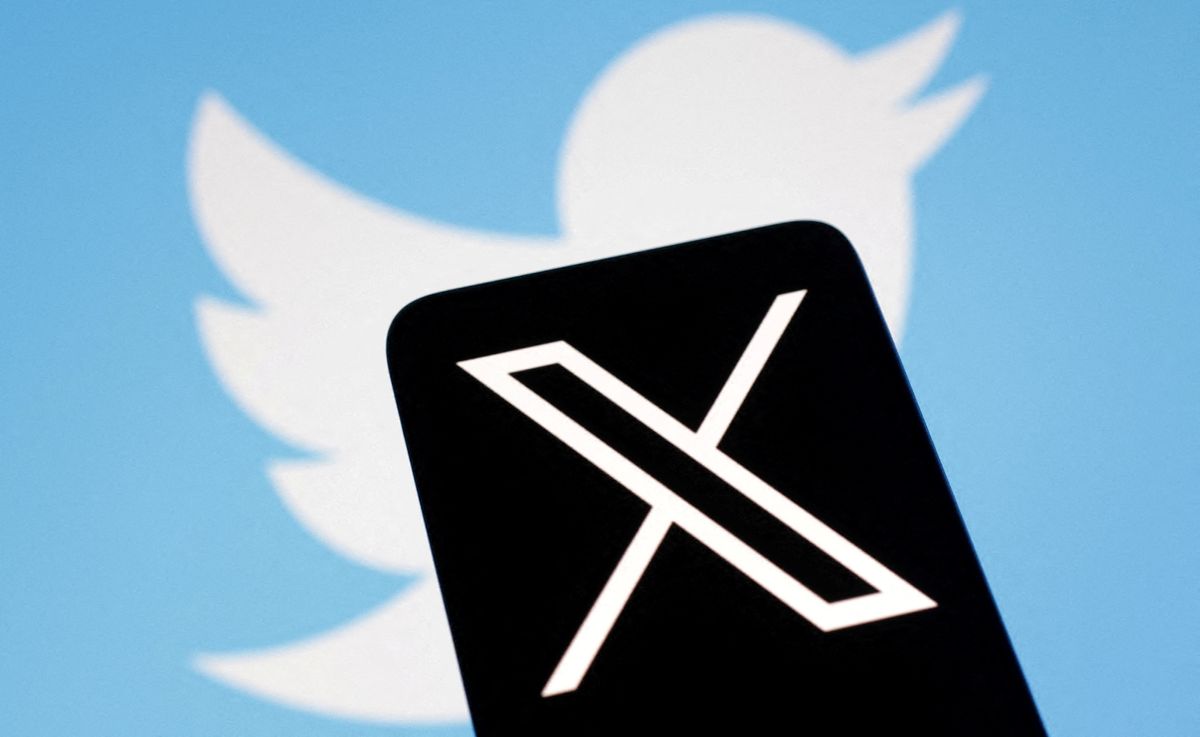X ordered to pay US$1.1 million in legal fees of former Twitter execs
X has been hit with a bill of US$1.1 million in legal fees.

A few minutes every morning is all you need.
Stay up to date on the world's Headlines and Human Stories. It's fun, it's factual, it's fluff-free.
The backstory: Elon Musk, the CEO of Tesla, made headlines in October 2022 when he acquired Twitter for US$44 billion. Twitter has since then been rebranded as "X." After the takeover, Musk started shaking things up, like reserving blue-check verification exclusively for Twitter Blue (now called X Premium) subscribers, limiting the number of posts users can read per day and getting rid of the block feature, among other moves. He stepped down as CEO of X in June and was replaced by Linda Yaccarino. But he stayed on as executive chair and CTO.
One of the other big shakeups Musk made was to give several top execs at the company the boot. Notably, he fired then-CEO Parag Agrawal and the chief legal officer for the company at the time, Vijaya Gadde. He also ended up laying off about 80% of the staff, going from just under 8,000 employees when he acquired Twitter to around 1,500.
More recently: X has faced some rough waters throughout its transformation. Many of the staff laid off were responsible for moderating content on the platform. Around the same time, Musk reinstated some controversial accounts that had previously been banned. He’s been pretty open about his desire to protect free speech. As part of this, he coordinated the release of the “Twitter Files,” which were internal documents and communications related to the content moderation policies before Musk’s takeover, which he said essentially amounted to censorship.
As a result of the change to its content moderation policies, X found itself at odds with some major advertisers who decided to part ways with the platform. This knocked out a pretty big chunk of the company’s revenue. The money coming in from ads dropped by around half after Musk took over. Studies have also found that, although hate speech on Twitter was on the rise before its sale, it really ramped up after the takeover, likely because of the move toward more lax content rules.
The development: Now, X has been hit with a bill of US$1.1 million in legal fees. This stems from a dispute over whether X should foot the bill for its former top executives, including Agrawal and Gadde, for expenses that came from their work for Twitter. The thing is, these execs had to testify for a congressional inquiry into Twitter’s content moderation policies – specifically regarding how social media influences elections. The questions primarily focused on some moderation moves Twitter made in the weeks before the 2020 election. So, although they had already been fired, the testimony was about the company’s moves while they were employees. X has paid about US$600,000 so far, but it’s withheld US$1,158,427 in lawyer fees for representing the former execs at this inquiry, according to legal filings.
The courtroom drama unfolded in Delaware Chancery Court, where Judge Kathaleen St. J. McCormick presided. The heart of the matter revolves around whether X broke its own rules by refusing to pick up the tab for these legal expenses tied to investigations into how the platform was running.
Judge McCormick ruled in favor of the former execs. She highlighted that in Delaware courts, it's common for executives to have their legal fees covered when they're related to their company duties. She didn't see any strong reason to break from that norm. So, although she recognized that the amount was pretty high, she considered it not “unreasonable.”
Key comments:
“I have reviewed the amount in question and although it is high and probably higher than most humans would like to pay, it is not unreasonable,” said Judge Kathaleen McCormick.
Michael Blanchard, one of the company’s lawyers, said X officials got “sticker shock” when they got the bill from Gadde’s lawyers, which they found to be “quite excessive.”




Comments ()